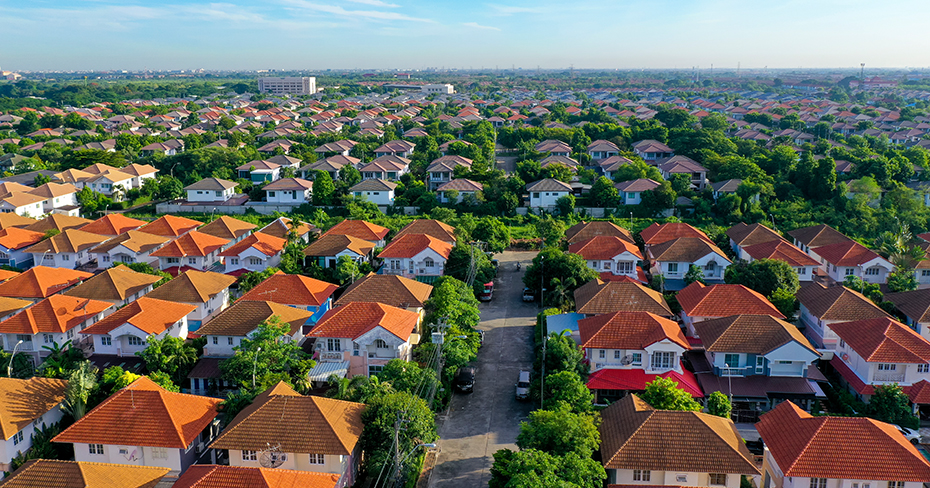
The Ultimate Guide to Buying Property in Ghana: What You Need to Know
Ghana’s real estate market is booming. The country’s strong economy (6.3% GDP growth in 2024) and growing middle class are driving unprecedented demand for homes and land . In fact, new building permits jumped 15% year-over-year and real estate already contributes about 13% of Ghana’s GDP . Investors and diaspora Ghanaians are eyeing opportunities in Accra, Kumasi, Takoradi and beyond. This guide walks you through every step of buying property in Ghana – from research and legal checks to avoiding common pitfalls – so you can invest safely and confidently.
Ghana’s political stability and economic growth have made it an attractive property market. Young professionals, a rising middle class, and returning diaspora are fueling housing demand. Major cities like Accra and Kumasi see new high-end and affordable developments to meet this demand. Government housing initiatives and foreign investment (including diaspora bonds) have further spurred growth. As one analyst notes, the real estate sector “has maintained an impressive trajectory,” reflecting strong potential for investors. In short, the market is dynamic – but buyers must be well-prepared.
Steps to Buying Property in Ghana
Follow these steps for a smooth purchase:
Research & Budget: Decide what you want (e.g. land vs. completed house, location) and how much you can spend. Compare prices online and talk to locals to understand neighborhood trends and infrastructure (roads, utilities, schools). Remember to factor in additional costs like survey fees, lawyer fees, stamp duty and registration when setting your budget.
Find a Licensed Broker/Agent: Engage a reputable real estate company (for example, Mapex Realty & Services) to assist you. Licensed brokers maintain extensive property listings and know the local market. A property guide recommends first finding a reputable firm to help with the search and negotiation. A good broker can schedule viewings, vet sellers, and guide you through negotiations and paperwork.
Schedule Site Visits: Visit all shortlisted properties in person (or send a trusted representative). Inspect the land or house, check the boundaries and surroundings (drainage, access roads, amenities). Professional brokers “save a lot of time” by arranging multiple viewings in a short span, so you can see more options than you could on your own. Take notes or photos for comparison, and ask the broker about property history or any issues.
Legal Due Diligence: Before agreeing to buy, verify ownership and legal status. Hire a qualified real estate lawyer to review all documents. Obtain a certified Certificate of Search from the Lands Commission to confirm the title and check for encumbrances (mortgages, litigation, encroachment). Verify that the Land Title Certificate, Indenture (deed), and Site Plan all match (see next section). Don’t rely on informal promises – “buying without proper documentation…can lead to years of legal battles”. Your lawyer should ensure the seller is the legitimate owner and that the property is not under dispute.
Negotiate and Sign the Sale Agreement: Once you are satisfied, negotiate the price and terms. Draft a legally binding sale agreement (Memorandum of Transfer) specifying the price, payment schedule, and conditions. At this stage, pay a deposit (with official receipts) to reserve the property. Never pay cash without documentation. Ghana law requires clear sale contracts, so ensure everything is in writing and signed by all parties.
Final Payment and Title Registration: Complete payment according to the agreed schedule. Use bank transfers or escrow through your lawyer for security. Once full payment is made and documents are verified, the seller will execute a Deed of Conveyance. You must then register the transfer at the Lands Commission (Land Registry). Registration legally records you as the new owner and issues the Land Title Certificate in your name. This final step is crucial – without registration, ownership can still be contested.







